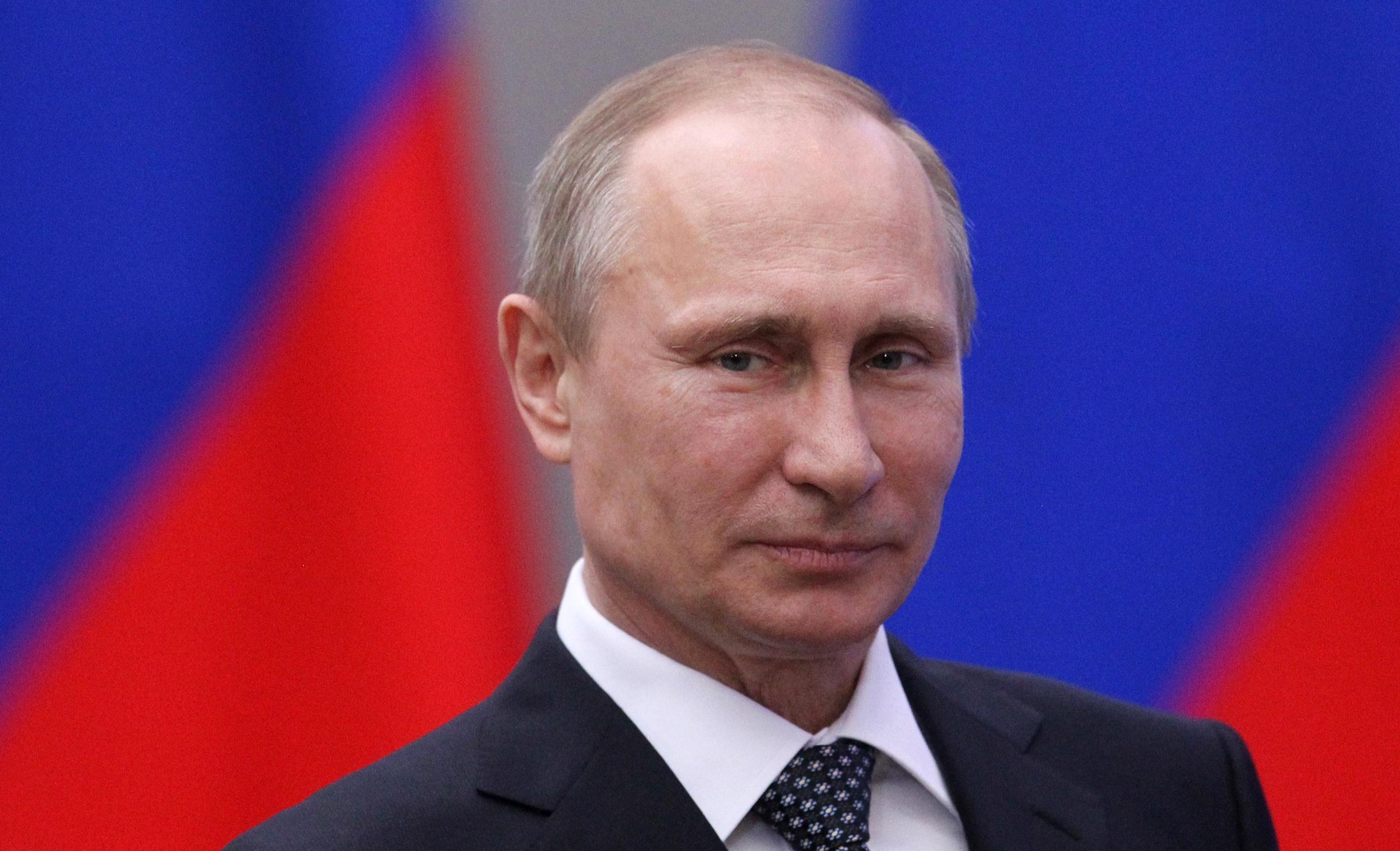
By Octavian Manea, for Defence Matters
What does Russia want? How should the Russian campaign against the West be understood?
Mark Galleotti participated via skype in a debate organized in Bucharest by ESGA (Experts for Security and Global Affairs Association) in the context of its project “Dialogues with Russia for a New Generation of Experts“. In his remarks and during the Q&A session, he described the character of the Russian campaign against the West, its aims and what lessons can be learned in return.
Dr. Mark Galeotti is a senior researcher at the Institute of International Relations Prague and head of its Centre for European Security.
For Putin, the military is an instrument of coercive diplomacy and for regional bullying: “Russia doesn’t need conventional armed forces so that it can fight all of NATO or China. Such a war will move very quickly in the apocalyptical realms. On the other way the Russian military forces were used to bring pressure and in some cases to invade neighboring states within what Russia regards as its sphere of influence. (…) The capacity to use armed forces to bully neighbors is strong, but diminishing. (…) He is using his military as an instrument of coercive diplomacy.”
Putin wants to distract Europe and the West in order to have a free hand in its near abroad: “Putin’s goals in Europe are political. He wants to distract, divide and demoralize us so that we don’t represent any kind of obstacle to what he wants to do within Russia and within what he regards as Russia’s sphere of influence-the post Soviet states with the exception of the Baltic states. These are the true limits to his ambitions: political and economic control on these other countries. He doesn’t want to bring back a new Soviet Union or a new Tsarist Empire. In this context, when you are contesting NATO countries, I think Russia realizes that basically NATO cannot be challenged militarily. (…) So they turn to these non-kinetic political methods (subversion, disinformation) but not as a preparation for a military act.”
In the clash with the West, Russia is practicing a form of geopolitical guerilla: “It has realized that it is in contestation with a West that is far more powerful on most indices, therefore it cannot challenge the West where the West is stronger so therefore it looks for the West’s weaknesses. The Western weaknesses are precisely that we are a constellation of law-based democracies. Essentially what Russia is doing is a geopolitical guerilla. The Russians can very rarely create problems in the West, instead what they can do is exacerbate, worsen problems that are widespread across the West: legitimacy crisis, the rise of populist leaders whose main claim is that they are not like the other politicians. What Russians do is to use any means at their disposal.”
It is in this context that Putin created a some sort of a “mobilization state” : “there is no aspect of the Russian society that cannot be used, coopted, conscripted by the state for its own purposes. (…) Overall, it is a campaign that is not very coordinated from the center. Russia operates very much on the basis of individual political entrepreneurialism. People do things that think the Kremlin might like. In the West, we see a whole variety of different actors – from intelligence officers to business people – creating initiatives in the hope they are successful in the broad terms of Kremlin’s agenda. (…) The vulnerabilities that each country has are very specific to that country. In some countries it is about the high levels of corruption and this is what worries me about Czech Republic. What we have here it is a significant corruption problem the people are not really talking enough. This is what is giving the Russians certain points of leverage.”
One of the core objectives of Russia with a wide impact on the European Security is a rerun of 21st century Yalta talks: ”Putin wants a deal, a rerun of the Yalta talks. He wants clear lines that this is Russia’s territory and sphere of influence. If he would have that I assume he would be willing to stop a lot of his destructive activities.”
Lessons for Romania: “Romania has to do three things. Firstly, shoring up its defenses against domestic manipulation which means be much more aware when Russian money flows into investments, dealing much more directly with corruption which is a force multiplier for any foreign manipulation. So basically, build-up your non-kinetic defenses. Secondly, Romania needs to build-up better relations with other South-Eastern and Central-European countries. That solidarity will be absolutely crucial. What we not see is country to country solidarity on non-military pressure. If Europe as a whole will not be able to provide solidarity, we should actually start looking for groups and blocks that can provide each other solidarity. Thirdly, Romania should make sure that it is a voice for the continued unity of European and Western countries within NATO and within European Union. Any discussions regarding the future of NATO and EU, must be had without in any way jeopardizing the unity of the West against Russia.”




